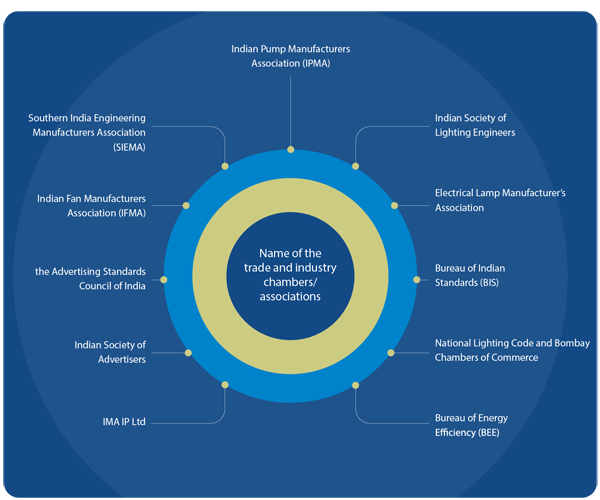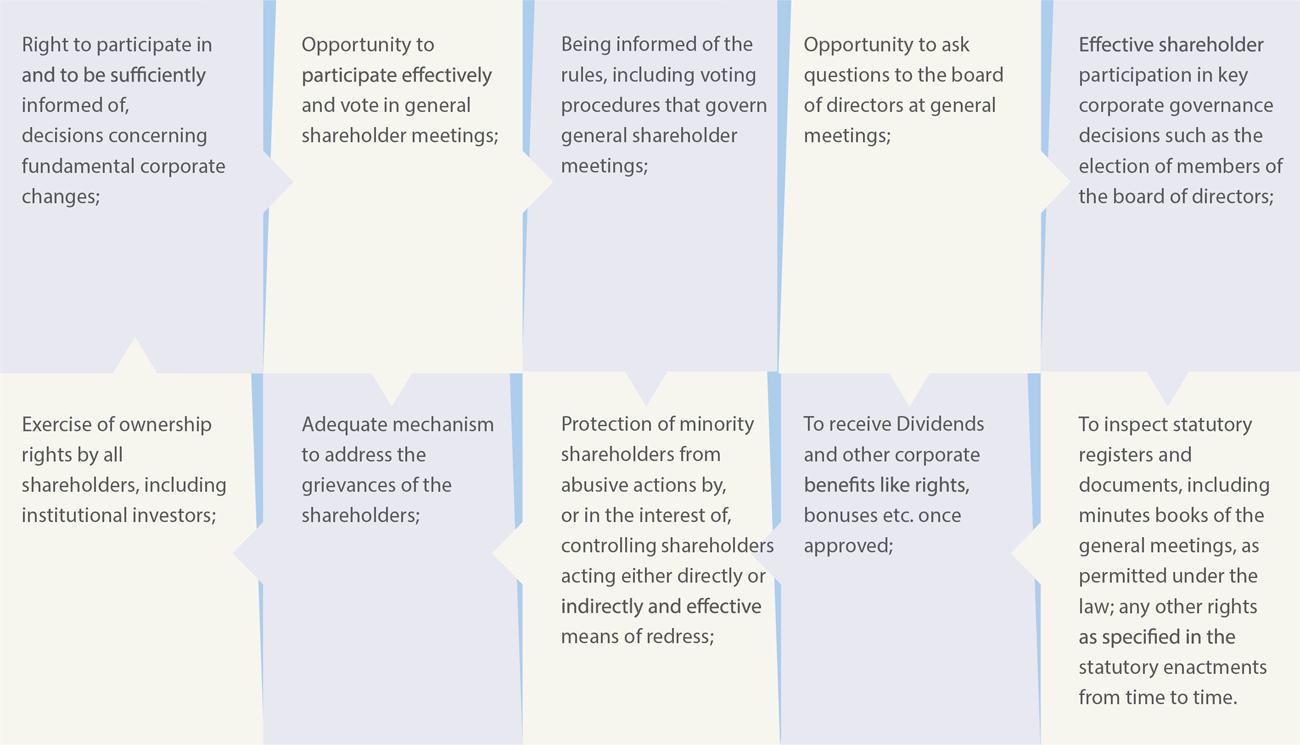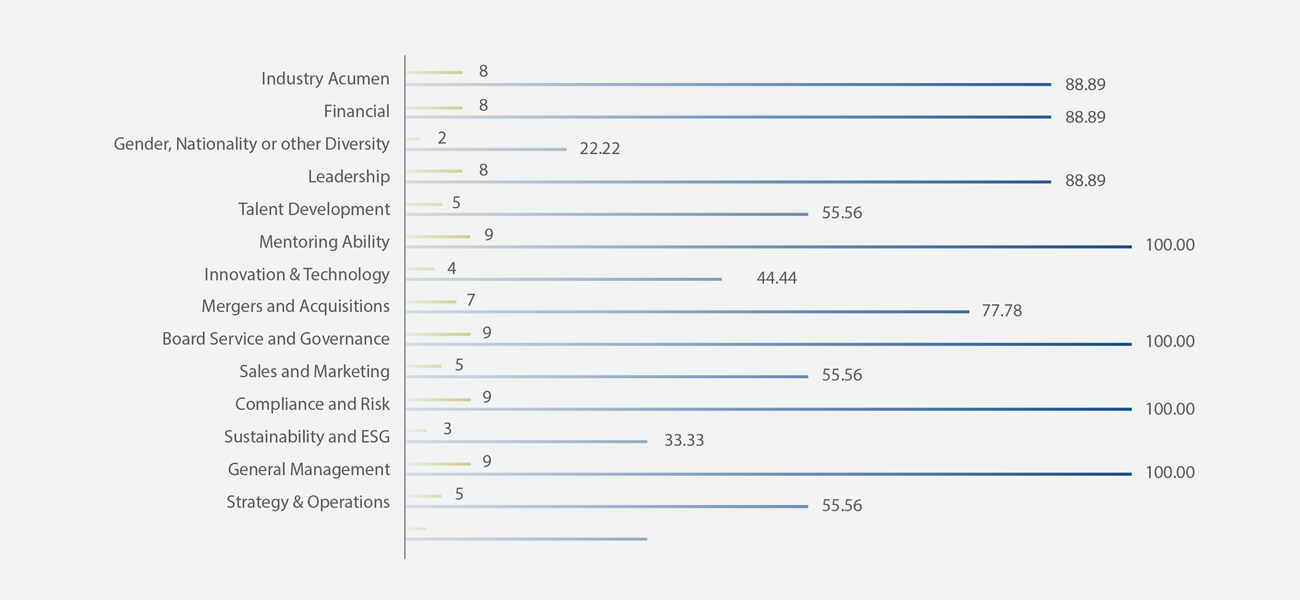EHS Policy
The Board has a well-defined Corporate EHS (Environment, Health and Safety) policy and has integrated ESG considerations into the day-to-day functions of the Company that govern our business. These include having robust governance systems, risk management and controls; serving our consumers remarkably and transparently; investing in our employees and nurturing a diverse and inclusive work environment; strengthening the communities in which we live and work; expanding sustainable solutions for our consumers and within our operations.
Supplier selection process
Our supplier onboarding process involves a comprehensive screening procedure that evaluates potential suppliers based on their capability, quality, performance and ability to deliver on time. We also assess their compliance with legal, environmental, health and safety guidelines and their willingness to participate in our sustainable supply chain management programme. In addition to this, we consider their total landed cost competitiveness and financial strength, by evaluating their balance sheets of the previous two years. These criteria are essential to our procurement process as it helps us work with suppliers who align with our values and comply with our quality, sustainability and financial stability standards. By conducting a thorough screening process, we ensure that our suppliers meet these criteria and contribute to our overall success.
Whistle blower policy
We have a Whistleblower Policy in place to enable employees to report any violations and ensure that the reporting process is transparent and fair. The policy outlines the procedures for tracking complaints, conducting investigations and imposing disciplinary measures. It also makes sure that complainants are protected from any retaliation and provides guidelines on maintaining confidentiality during the reporting process. The policy also extends to our vendors and encourages them to report any incidents they might witness.
Any reported violation is thoroughly investigated and appropriate actions are taken in accordance with the policy. To promote awareness of the Whistle blower Policy, we have developed an e-learning tool accessible to all employees, including new hires during their induction. Additionally, we have provided a tollfree number for employees to register a complaint via telephone.
Code of Conduct
We prioritise upholding ethical standards, as outlined in our Code of Conduct/ Ethics. We have an online portal called ‘Success Factors’, to ensure that all employees affirm their commitment to these standards. New hires are required to adhere to the Code of Conduct. Additionally, we provide training modules for existing employees to reinforce the importance of ethical behaviour.
Our employees actively support the internal control system by consistently demonstrating integrity and ethical values through their actions, directives and overall behaviour. Our Code of Conduct emphasises the crucial role that employees play in promoting a values-based organisation.
Download Full Report

































































